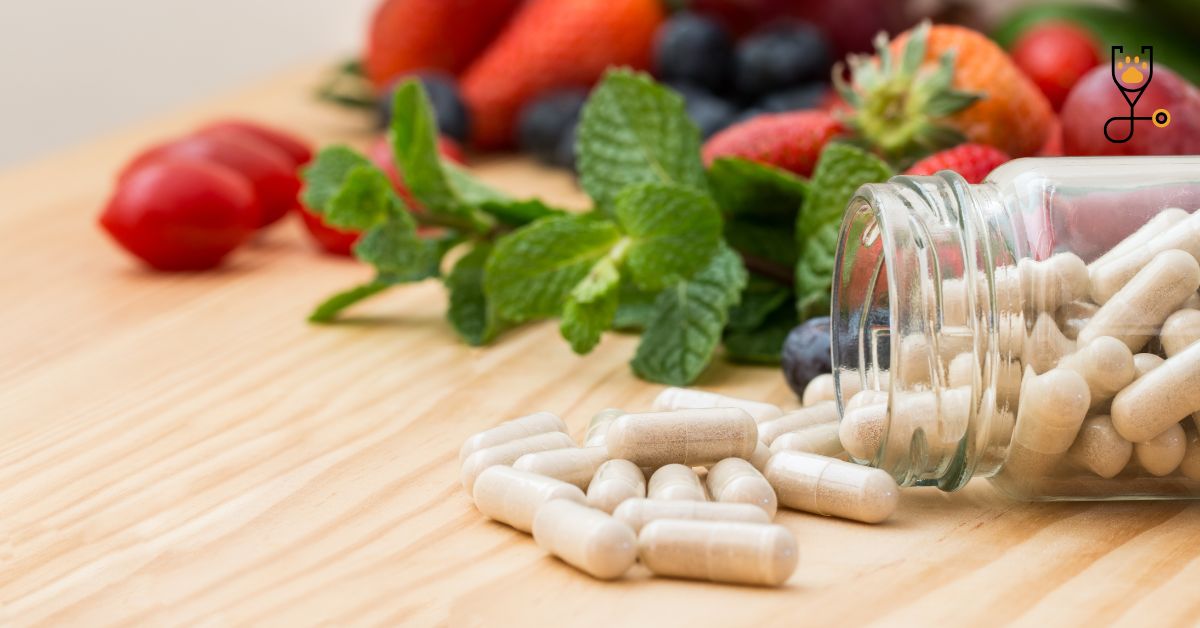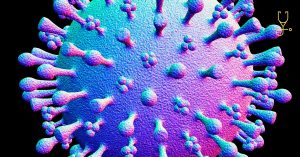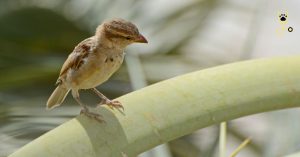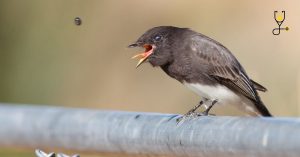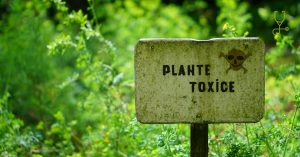If you’re a bird owner, you know how important it is to provide your pet with a healthy diet. A big part of that is making sure they’re getting enough vitamins and nutrients. In this blog post, we’ll be discussing some of the best foods to keep your feathered friend healthy and happy. We’ll also talk about which vitamins are most important for birds and why.
Why vitamins are essential for pet birds?
Just like any other animal, pet birds need a well-rounded diet to stay healthy. This diet should include plenty of fresh fruits and vegetables, as well as a variety of proteins and grains. Vitamins are an important part of your bird’s diet, too. Vitamins help support many of your bird’s vital functions, including digestion and metabolism. They also provide essential nutrients for growth and development.
Diets for birds that are vitamin rich
1. Fruits and vegetables
Fruits and veggies are great sources of vitamins, minerals, and antioxidants. They’re also low in calories, making them an excellent choice for a healthy diet. Apples, oranges, carrots, sweet potatoes, spinach, kale, and other leafy greens are all good options.
2. Eggs
Eggs are high in protein and provide several essential vitamins and minerals. Hard-boiled eggs can be chopped up into small pieces to make them easier for your bird to eat.
Also read: Are Eggs Really Good for My Bird?
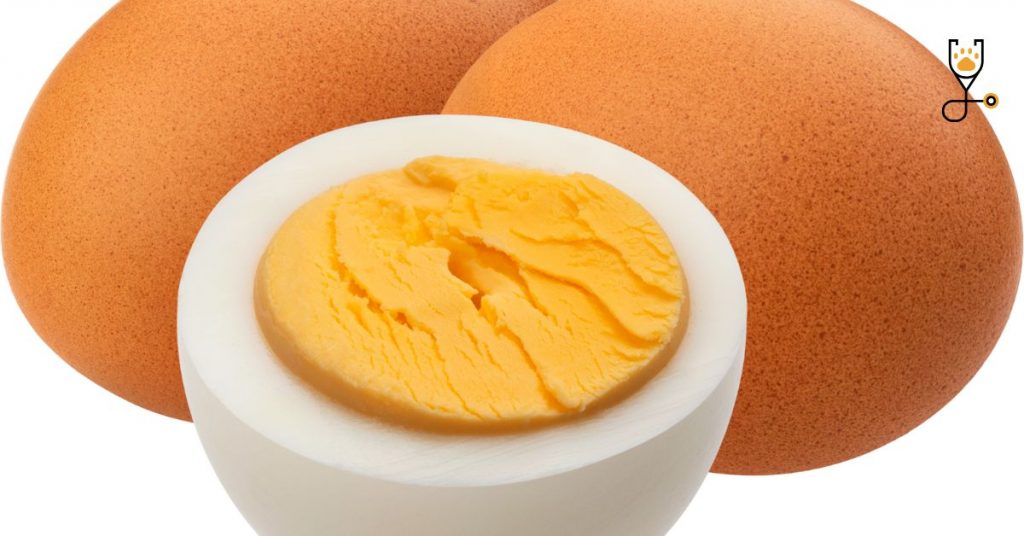
3. Nuts
Nuts such as almonds, walnuts, macadamias and peanuts are packed with beneficial nutrients like healthy fats, fiber, iron, and zinc. Just make sure you give them in moderation and opt for unsalted, raw varieties.
4. Seeds
Seeds are a great source of protein and vitamins, plus they’re low in fat. You can give your bird sunflower seeds, pumpkin seeds or other small seeds as treats.
Also read: Reasons Why An All-Seed Diet Is Damaging To Your Bird’s Health
5. Legumes
Beans such as kidney beans, pinto beans, chickpeas, and black beans contain high amounts of fiber, B vitamins, zinc and iron—all essential nutrients for birds. Make sure the legumes are cooked thoroughly before serving them to your pet.
6. Whole grains
Whole grains like brown rice, quinoa, and oats provide plenty of carbohydrates which are an important part of a bird’s diet. Just make sure you don’t give them too much, as it can cause digestive issues in some birds.
7. Fish
Fish is a great source of protein and omega-3 fatty acids, which are important for maintaining healthy skin, feathers and joints. Make sure you opt for fresh or frozen (not canned) varieties and cook them thoroughly before serving to your pet.
8. Dairy products
Milk and yogurt are good sources of calcium and other vitamins, but should only be given in moderation as they can be high in fat. Opt for low-fat varieties when possible.
9. Meat
Cooked lean meats such as chicken, turkey, or beef provide essential proteins that help keep your bird strong and healthy. Just make sure you remove all bones before giving them to your pet.
10. Sprouts
Sprouts, including alfalfa and mung bean sprouts, are packed with vitamins and minerals, plus they’re easy for your bird to digest. Just make sure you buy them from a reputable source and cook them thoroughly.
11. Fungi
Edible mushrooms like shiitake and oyster varieties are rich in B vitamins, magnesium, and zinc as well as antioxidants which help boost the immune system and protect against disease.
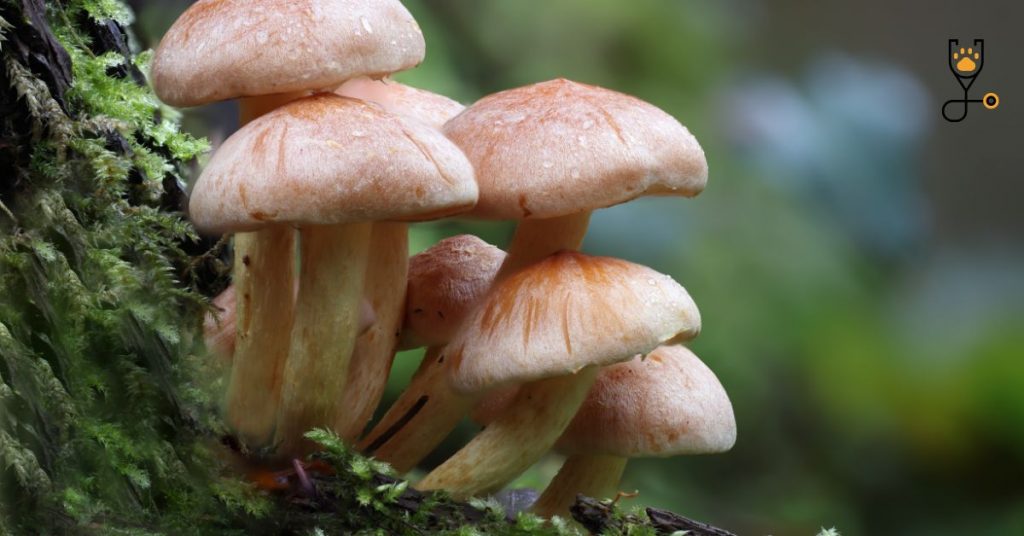
12. Vegetables
All kinds of vegetables can be added to your bird’s diet, including broccoli, cauliflower, kale, bell peppers, sweet potatoes, and squash.
13. Berries
Fruits such as blueberries, strawberries, raspberries and blackberries are packed with antioxidants and vitamins which can help keep your bird healthy.
14. Supplements
If you feel like your bird’s diet is lacking in some essential vitamins, you can give him a vitamin supplement to make sure he gets all the nutrients he needs
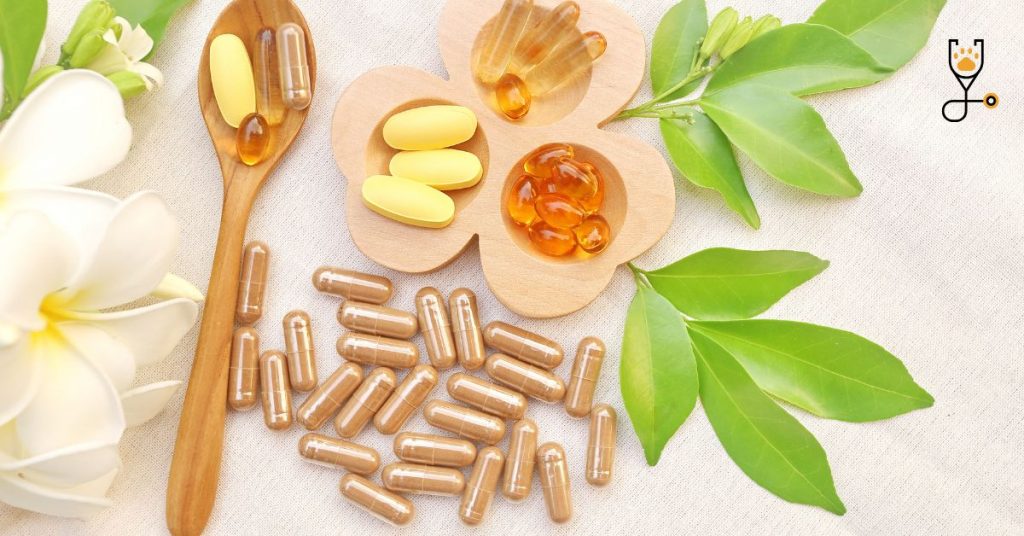
15. Herbs
Fresh herbs like parsley, dill, cilantro, and basil provide important vitamins and minerals that help support overall health. Just make sure you only use small amounts of fresh herbs as too much can be toxic for birds. So there you have it—fifteen diets for pet birds that are chock full of essential vitamins and minerals. Make sure to keep things in moderation, and always consult with your veterinarian before making any major dietary changes.
Also read: Best & Healthy Food you can feed your Bird
Conclusion
A balanced diet is essential for the health and well-being of your pet bird. Providing a variety of fresh foods like fruits, vegetables, legumes, grains, nuts, and eggs can help ensure your bird gets all the nutrients it needs to stay healthy. Just remember to keep portions small and consult with your veterinarian before changing your bird’s diet. With the right nutrition plan in place, you can ensure that your pet has a long and happy life!
FAQs
You can give your bird a variety of fruits, vegetables, legumes, grains, nuts, and seeds, as well as lean meats like chicken or turkey. Be sure to cook them thoroughly before serving. Fish is also a great source of protein and omega-3 fatty acids. Dairy products such as milk and yogurt are good sources of calcium but should be given in moderation due to their high-fat content.
Yes, some foods can be toxic for birds including avocados, chocolate, caffeine, alcohol, and fruit pits. Additionally, onions and garlic can cause digestive upset so these should be avoided as well.
It is recommended that birds be given ¼ to ½ cups of food per day, split into two or three meals. This amount can vary depending on the type and size of the bird so it’s best to consult with your veterinarian for specific recommendations.
Healthy treats for birds include cooked pasta, unsalted nuts, soft fruits and vegetables, and yogurt drops. Be sure to avoid sugary treats like candy or cookies as these can cause health problems in birds. Additionally, never feed your bird anything from the wild as this could contain toxins or parasites that could harm them.
It is recommended that you switch up your bird’s diet every few weeks to ensure they are getting a variety of vitamins and minerals. However, if your bird enjoys a particular food, it is okay to keep offering it as long as it isn’t the only thing they are eating. Just be sure to monitor their overall health and consult with your veterinarian if you have any concerns.

